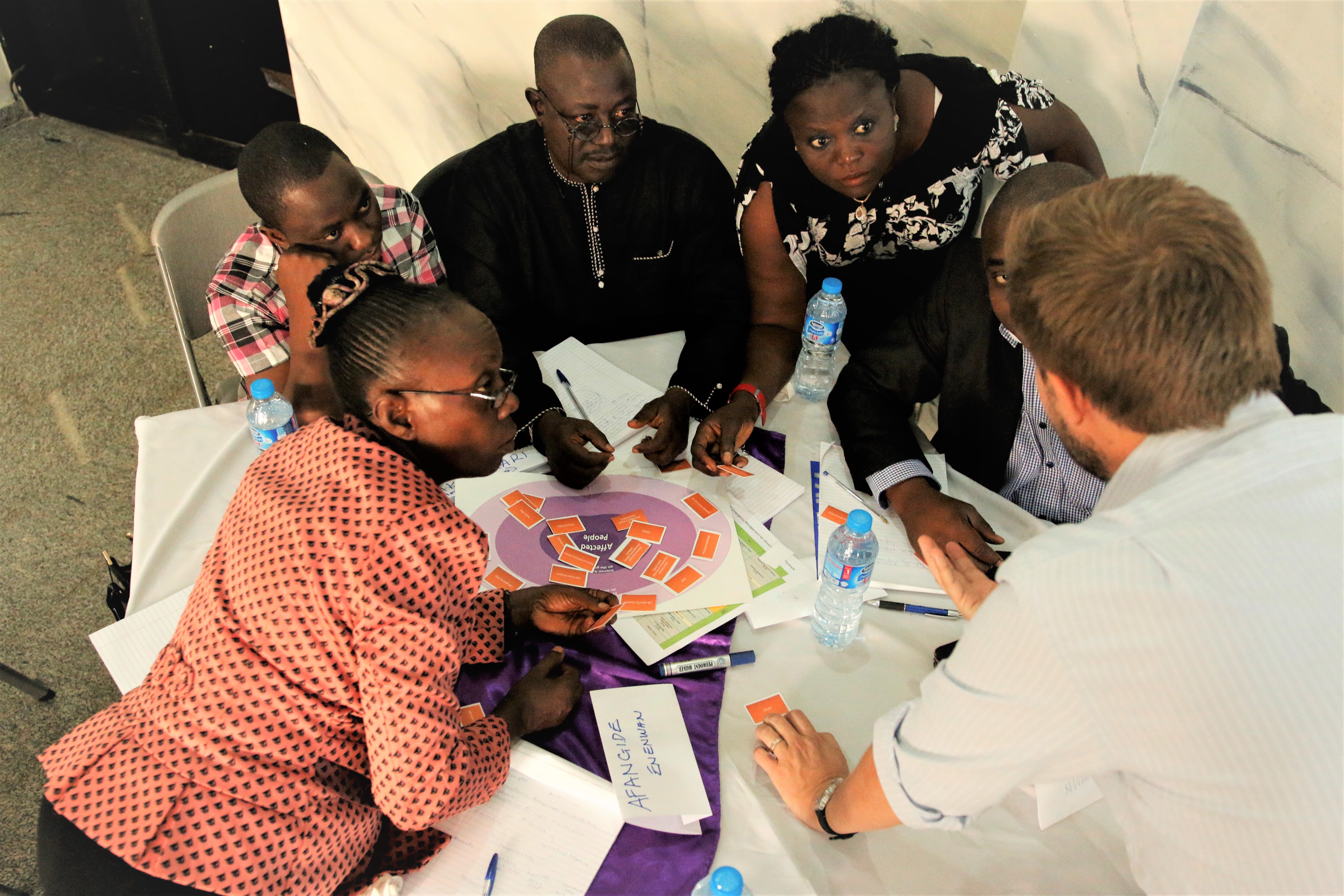ICT Emergency Management for Governments and Partners (ICT4Gov)

This workshop may be organised on demand/need basis.
This three-day workshop helps participants develop knowledge and skills to plan, implement and manage ICT solutions to support national emergency preparedness and response. The workshop also enhance participants’ emergency preparedness and response through effective ICT services, as well as collaboration and cooperation between government stakeholders and humanitarian responders in the area of ICT emergency preparedness and response.
Target Audience
The course is targeted at relevant government entities such as the National Disaster Management Authorities (NDMA) and their partners, in particular:
- Those responsible for coordinating the delivery of ICT services during emergencies.
- Those responsible for regulating ICT services or who have an impact on ICT functions.
Number of participants: 20
Objective
To broaden knowledge on the humanitarian context of emergency response and the inter-agency response mechanisms.
Learning Objectives
During the workshop, participants will:
| Identify various ICT tools, their basic functions and define ICT terms used in the workshop. |
| Review various types of disasters and the trends related to them. |
| Understand the humanitarian context for emergency preparedness and response. |
| Review humanitarian ICT preparedness and response frameworks, activities and past / current missions. |
| Be aware of the phases involved in emergency management and activities associated with each phase. |
| Describe ICT services and equipment that can support the various phases of emergency management. |
| Be aware of relevant international law related to humanitarian response as well as suggested governance approaches to disaster management. |
| Outline the NDMA mandate, organisational structure, operational mechanisms and linkages. |
| Draft personal learning goals for the workshop. |
| Review methodologies for disaster risk assessment, conducting ICT capacity analysis and discuss potential gaps that need to be addressed. |
| Review risk reduction strategies and discuss those that can be applied in the country. |
| Be aware of the importance of early warning and the indicators that are monitored. |
| Discuss opportunities and considerations for building capacity in emergency preparedness. |
| Review various models for coordination and their pros and cons. |
| Adaptation of contingency plans or preparation of new plans and budgets when emergencies occur. |
| Discuss considerations in managing staff, equipment and finance during emergency response phase. |
| Plan for both internal and external communications during emergencies. |
| Raise awareness of ICT tools that support communication and information management. |
| Discuss various emergency management endpoints, criteria for determining transition and review checklist for ICT emergency response closure and handover. |
| Review ISO 27031 ICT Readiness for Business Continuity standard and how it can guide ICT organisations in improving their readiness to support overall business continuity. |
| Review and apply leadership styles given various situations. |
| Discuss and apply leadership responsibilities to various scenarios presented. |
| Draft a personal action plan that supports building the ICT emergency preparedness and response capacity. |
Topics Covered
| ICT Tools and Terminology |
| Overview of Disasters and Emergencies |
| Humanitarian Response to Disasters |
| Humanitarian ICT Response |
| Emergency Management Cycle |
| Role of IT in Emergency Management |
| Legal Framework |
| Your National Disaster Management Framework |
| Personal Learning Plan |
| Disaster Risk Assessment and ICT Capacity Gap Analysis |
| Risk Reduction |
| Monitoring and Early Warning |
| Preparedness: Building Capacity |
| Coordination Frameworks |
| Response Planning and Budgeting |
| Operations Management |
| Communications |
| Tools for Communication and Information Management |
| Closure, Handover and Lessons Learned |
| ICT Readiness for Business Continuity |
| Situational Leadership |
| Responsibilities of Leaders |
| ICT Emergency Management Preparedness Plan |
Language
The student materials for this course are available in English, French and Spanish. The instructor materials are available only in English.